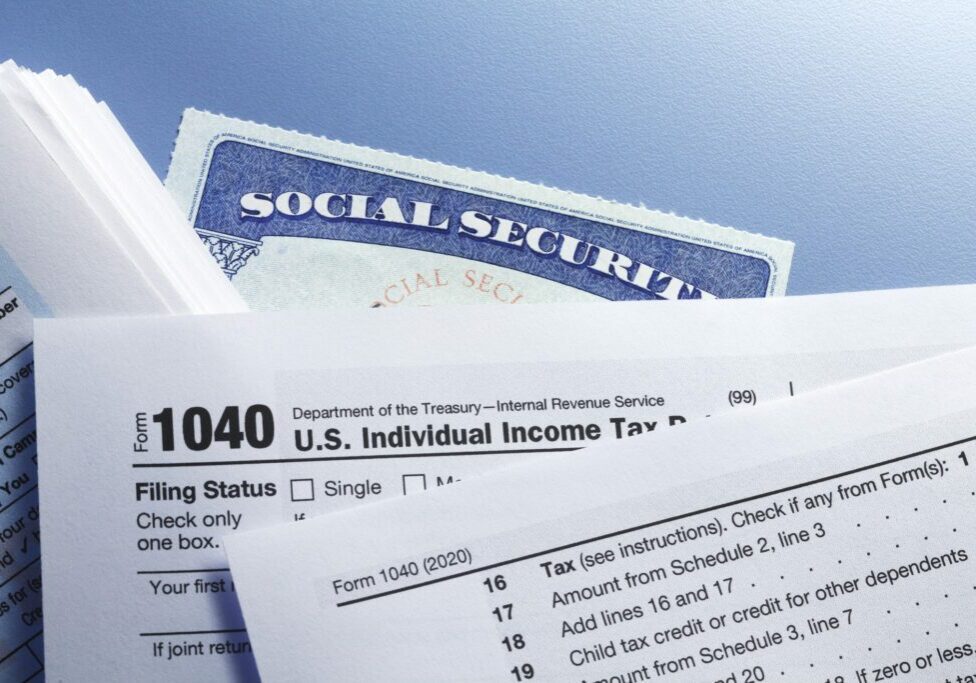Tax Return Due Dates: Changes Coming

The Surface Transportation and Veterans Health Care Choice Improvement Act of 2015, which was signed into law by the President on July 31st, 2015, may not have received as much press coverage as the recently enacted PATH Act (which clarified many of the tax extenders that individual and business taxpayers have come to rely on); however, one of the key tax law changes under this overlooked act relate to the tax filing deadlines that have been in place for many years. Starting with next year’s tax filing season (for tax returns ending on or after December 31, 2016), many of the due dates that effect individual and especially business taxpayers are changing. The changes have been well received by the accounting community, and represent years of effort by the AICPA (The American Institute of CPAs) to lobby congress and the IRS to enact a more logical flow of tax return due dates.
New Due Dates
The genesis of the changes was to have pass-through entity returns and the resulting K-1 reporting forms due and completed before the tax returns of the individuals or corporate tax payers effected by the information. The main resulting change is that partnership tax returns are due a month earlier, while C-Corporate tax returns (other than in special circumstances outlined below) are due a month later. In addition, Congress took the time to fix deadline issues in a number of other areas, including the due dates for FBAR forms and the extensions available for Trusts, Estates, and Exempt Organizations. The table below highlights the existing and new original and extension due dates by form type (due dates that are changing are marked with an asterisk):
| Return | Current Due Dates
(Extension Due Dates) |
New Due Dates
(Extension Due Dates) |
Notes |
| Individual
(Form 1040) |
April 15th
(October 15th) |
April 15th
(October 15th) |
No changes for Individual taxpayers. |
| Partnership
(Form 1065) |
April 15th
(September 15th) |
*March 15th
(September 15th) |
Fiscal year partnerships will have a due date the 15th day of the 3rd month after year-end with a six-month extension. |
| S-Corporation (Form 1120S) | March 15th
(September 15th) |
March 15th
(September 15th) |
No changes for S-Corporate entities. |
| C-Corporation
12/31 Year-End (Form 1120) |
March 15th
(September 15th) |
*April 15th
(Pre 2026: September 15th Post 2026: *October 15th) |
The extension due date for calendar year-end C-Corporations will remain the same through 2025 and then change by a month in 2026. |
| C-Corporation
6/30 Year-End (Form 1120) |
September 15th
(March 15th) |
Pre 2026: September 15th
Post 2026: *October 15th (*April 15th) |
C-Corporations with 6/30 year-ends will not have their original due date change until 2026. |
| C-Corporation
All Other Year-Ends (Form 1120) |
15th day of 3rd month after year-end
(15th day of 9th month after year-end) |
*15th day of 4th month after year-end
(*15th day of 10th month after year-end) |
For C-Corporations with year-ends other than 12/31 or 6/30. |
| Trusts & Estates
(Form 1041) |
April 15th
(September 15th) |
April 15th
(*September 30th) |
Trusts and estate returns will have a 5 ½ month extension. |
| Exempt Organizations
(Form 990) |
May 15th
(August 15th November 15th) |
May 15th
(*November 15th) |
Instead of two three-month extensions, Exempt Organizations will have one six-month extension. |
| Employee Benefit Plans
(Form 5500) |
July 31st
(October 15th) |
July 31st
(October 15th) |
No changes for Employee Benefit plans. |
| FinCen 114
(FBAR) |
June 30th | *April 15th
(*October 15th) |
FBAR filings will be aligned with form 1040 deadlines, including having an extension to file available. |
| Foreign Trusts with US Owner
(Form 3520-A) |
March 15th
(September 15th) |
March 15th
(September 15th) |
No changes for Form 3520-A. |
| Informational Returns
(W-2s, 1099s, 1095s) |
To employees: January 31st
To IRS / SSA: February 28th (paper) March 31st (electronic) |
To employees: January 31st
To IRS / SSA: February 28th (paper) March 31st (electronic) |
No change; however, the IRS released guidance late in December that provided an extension of time in 2016 to provide form 1095 to employees by March 31st and to file forms with the IRS to May 31st (paper filed) or June 30th (electronically filed). |
Be aware, even though Congress did enact changes that will prove to be useful, as normal, the new Act has a few oddities that make some due dates confusing. Namely, C-Corporations have a number of due dates to keep track of depending on the year-end of the corporation. This is due primarily to how the Congressional Budget Office scored the bill’s impact on tax revenue over a ten year period. In addition, be aware of the fact that information returns are expected to have changes in terms of both filing deadlines and the filing processes in 2016, primarily to counteract taxpayer identity theft issues. What these changes will be have not been fully identified.
About Alegria & Company, P.S.
We want to be your partner in success. Helping you with your financial needs is the perfect opportunity to do so. Our team of four partners and twenty-five professional staff located in two offices in Yakima and Prosser are well placed to serve clients from Yakima through the Lower Valley, the Columbia Basin and throughout the Pacific Northwest.








